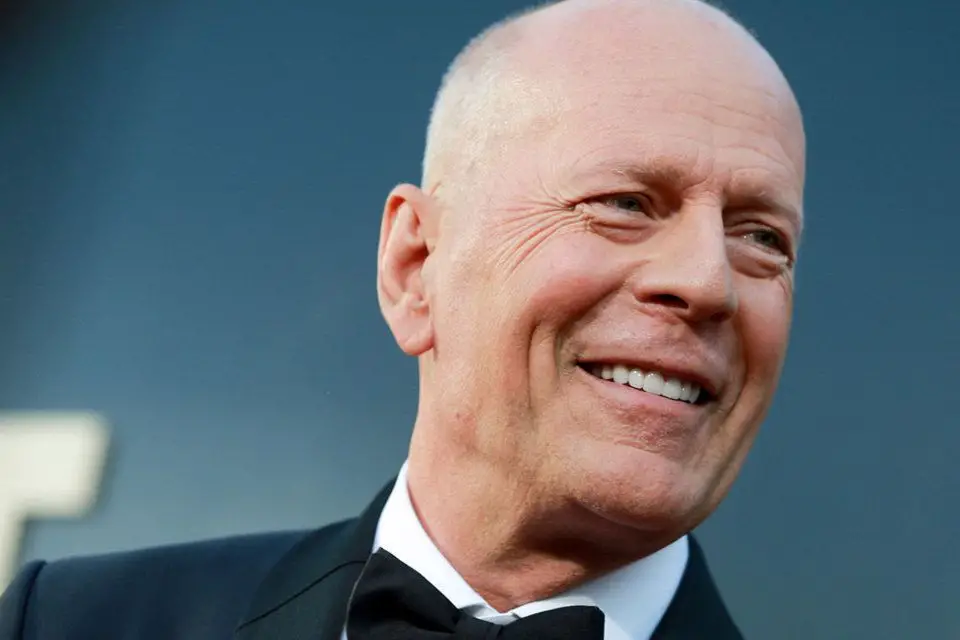It was revealed last year that Bruce Willis had been diagnosed with a form of dementia called frontotemporal dementia (known as FTD). His family confirmed the star, 68, had been told of his condition in the spring of 2022. The Die Hard star’s closest initially said he was suffering from language disorder aphasia before they had the heartbreaking news that his condition had progressed to frontotemporal dementia.
Now, a number of doctors have revealed to Mirror US exactly how the rare form of the disease is different from better-known diagnoses such as Alzheimer’s Disease – and what symptoms people should look out for.
Doctor and author Karen Severson admitted that she felt it was brilliant that Bruce had gone public with his condition, hoping it will “spur more research into the area”. However, she said the star has the financial means in which he would have been able to diagnose his condition faster as “often scans are expensive and not always affordable for the general population”, meaning the condition goes undetected.
She also stated the stereotype surrounding a person’s age will be blocking a diagnosis as FTD is often a condition found in someone under 60.
Dr Jim Jackson, neuropsychologist and research professor at Vanderbilt Medical Centre, went on to reveal a number of “subtle” changes to watch out for if you detect the illness. “Unlike the best-known form of dementia, Alzheimer’s disease, which is typically characterised by early changes in memory, FTD is marked by early changes in behaviour – sometimes subtle but often dramatic,” he said.
Listing four subtle symptoms, he explained how people with the condition might behave in “socially inappropriate and even antisocial ways” and revealed they may “display striking apathy or disinterest in things”. He continued: “[People] may demonstrate clear impairments in judgment, and may experience problems in language – problems including diminished faculty with language, whether speaking or understanding.”
And Dr Jackson admitted that often the condition can go undetected with many symptoms resembling those of other conditions, including depression. His words were echoed by dementia and brain health specialist, Dr Heather Sandison. Founder of Marama, Dr Sandison, added: “The earliest signs are typically changes in personality. This makes it hard to spot and sometimes is misdiagnosed as a psychological disorder.”
Explaining it was men between the ages of 45 and 65 with a family history of FTD or ALS who were most at risk of FTD, she continued to describe what can be done to try to help deter the condition: “The best way to care for your brain at any stage is to do all you can to optimise the known modifiable risk factors for dementia.
“This includes managing blood sugar, maintaining healthy blood pressure, avoiding processed foods, avoid smoking, maintaining a healthy weight, engaging in regular physical activity, avoiding alcohol, engaging in cognitive activity, avoiding traumatic brain injuries, treating depression, treating hearing loss, treating sleep disorders, engaging socially, and avoiding air pollution. There is so much we do have control over when it comes to healthy ageing.”
In other news – Usher reveals he once looked after Beyoncé when she was a kid
Before his series of concerts in Paris next month, Usher revealed the music superstar he once “chaperoned” when they were both younger. The “Don’t Waste My Time” singer appeared as a guest on the UK radio show Capital Breakfast With Roman Kemp where he described what happened during his first encounter with Beyoncé when she was just a child.
“Fun fact, I knew Beyoncé when she was 12 years old, 11 years old,” he said. “She used to be in a group by the name of The Dolls. I don’t know if I could consider myself their babysitter, but I had a time where I had to watch The Dolls.” Read More
